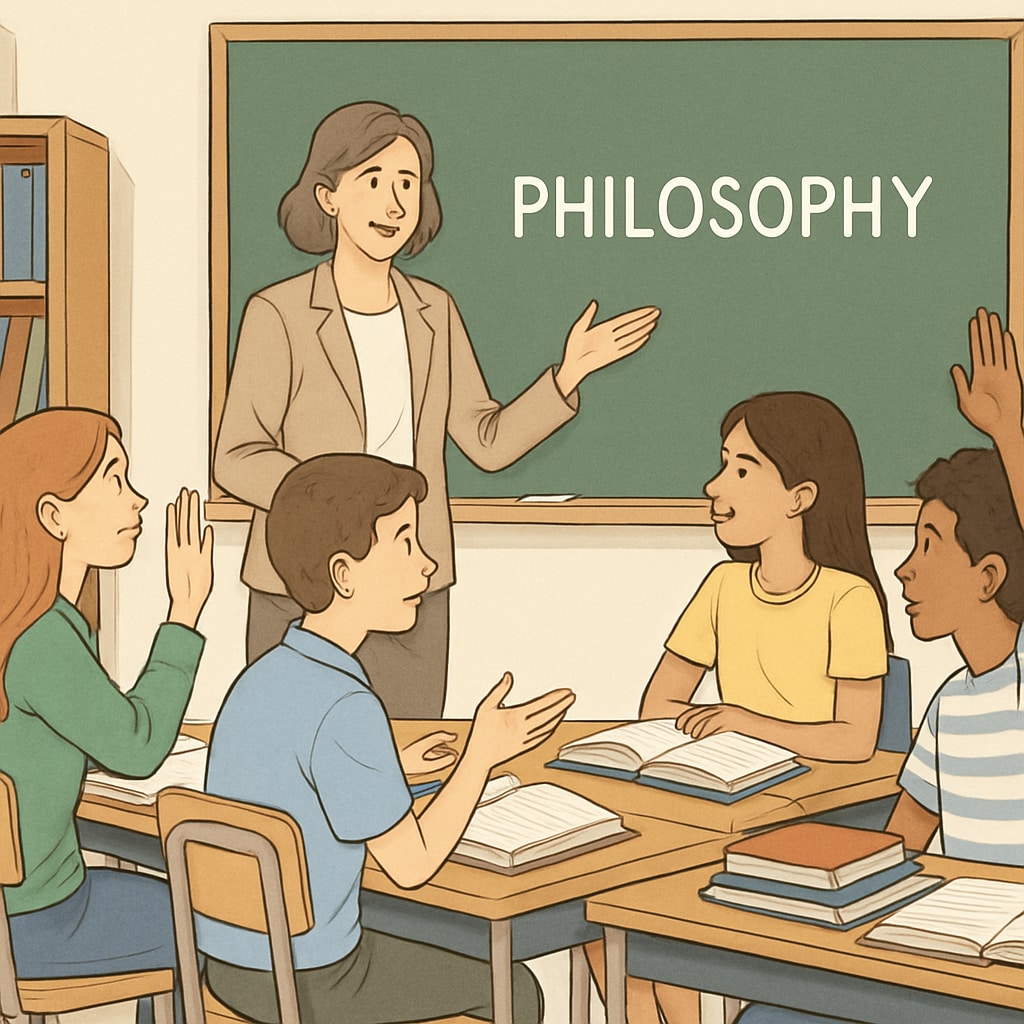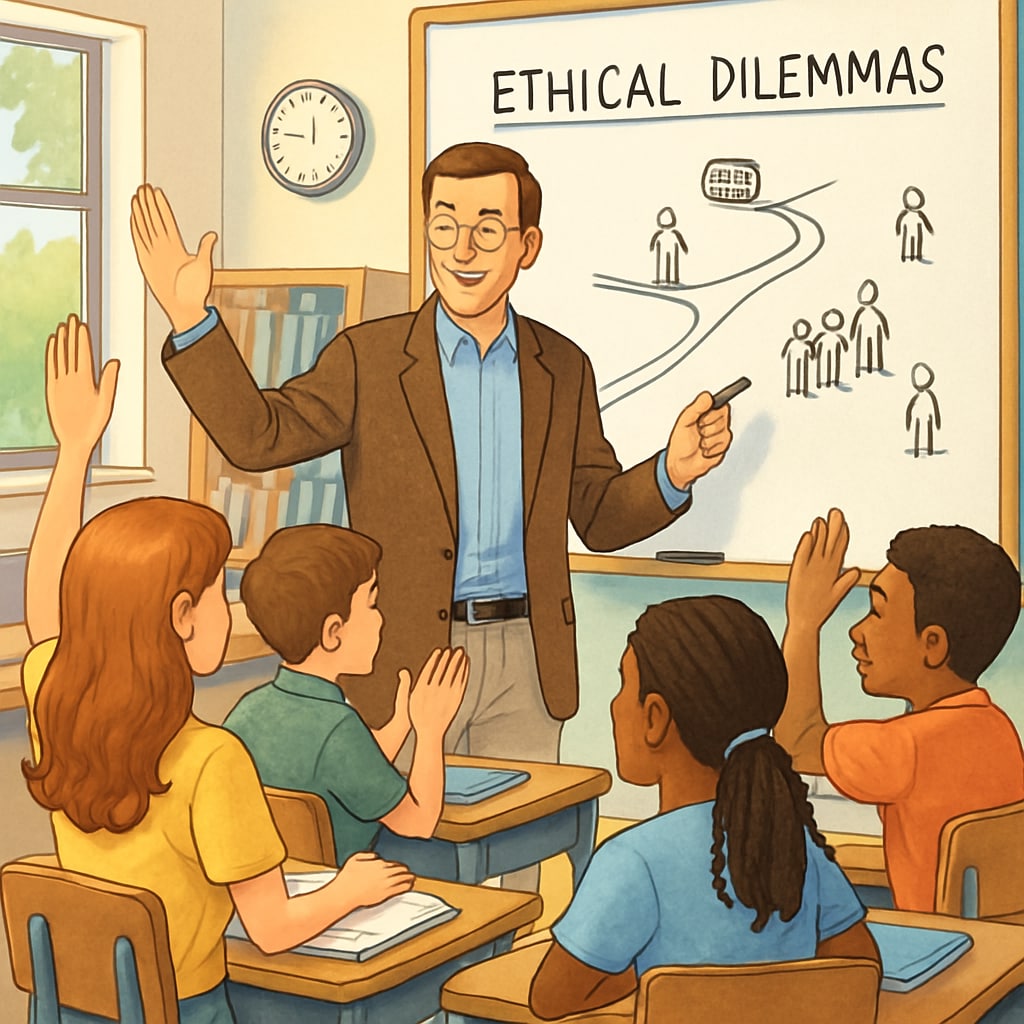Philosophy teachers, social experiment, and volunteers are at the heart of an exciting new initiative aimed at revolutionizing K12 education. By embedding philosophy into elementary and secondary school classrooms, this project seeks to cultivate critical thinking and decision-making skills among students. The program creates a unique opportunity for educators to act as volunteers and actively contribute to shaping young minds in a rapidly evolving world.
Why Philosophy Thinking Matters in K12 Education
Philosophy is often seen as a subject reserved for higher education, but its principles can make a significant impact in earlier academic stages. Introducing philosophical thinking into K12 education helps students ask better questions, analyze situations critically, and develop a deeper understanding of the world. These skills are essential in navigating the complexities of modern society, from evaluating information to making informed decisions.
For instance, critical thinking enables students to discern credible information sources, a skill highlighted in critical thinking on Wikipedia. Furthermore, philosophical inquiry encourages open dialogue and empathy, fostering a richer classroom environment.

The Role of Philosophy Teachers in the Experiment
This innovative social experiment calls on philosophy teachers from universities and colleges to volunteer their expertise in K12 classrooms. The initiative aims to bridge the gap between theoretical philosophy and practical education, allowing students to explore concepts such as ethics, logic, and the philosophy of science.
As volunteers, philosophy educators will design engaging lesson plans tailored to the needs of various grade levels. They will also lead interactive discussions and activities that challenge students to think beyond surface-level answers. By participating, these educators will not only contribute to societal development but also gain valuable insights into how philosophical principles can be adapted for younger audiences.

How to Get Involved as a Volunteer
If you’re a philosophy teacher interested in joining this groundbreaking project, the application process is straightforward. Whether you’re a seasoned professor or an early-career academic, your expertise and passion for philosophy can make a lasting impact.
- Fill out the volunteer application form provided by the program’s organizers.
- Attend an orientation session to understand the project’s goals and methodology.
- Collaborate with K12 educators to design and implement philosophy-focused activities.
Additional resources such as lesson templates and training materials will be provided to ensure a smooth transition into the classroom. For more information, visit philosophy on Britannica and explore related educational resources.
Impacts of the Experiment on Students and Society
As a result of this initiative, students will gain tools to approach real-world problems with confidence and thoughtfulness. Beyond individual growth, the program has the potential to create broader societal benefits by fostering a generation of critical thinkers and informed citizens.
Moreover, engaging philosophy teachers as volunteers highlights the importance of cross-disciplinary collaboration in education. By bringing academic philosophy into K12 classrooms, this experiment demonstrates how higher education can directly contribute to societal development.
Ultimately, the project serves as a reminder that philosophy is not just an abstract discipline but a practical tool for understanding and improving the world we live in.
Readability guidance: Short paragraphs ensure readability. Lists and examples clarify key points. Transitions like “however” and “for example” maintain flow. Passive voice and long sentences are minimized for an engaging and accessible tone.


